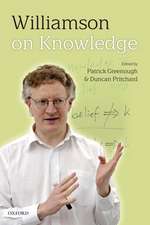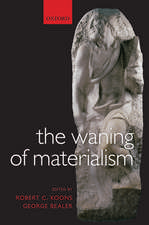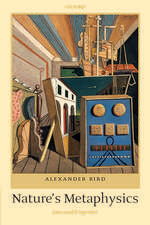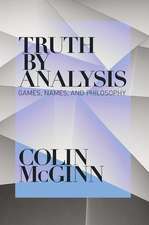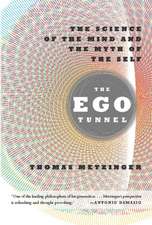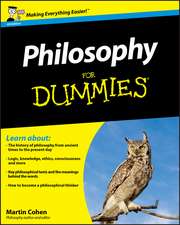Cratylus
Autor Plato Editat de Hollybook Traducere de Thomas Tayloren Limba Engleză Paperback
| Toate formatele și edițiile | Preț | Express |
|---|---|---|
| Paperback (10) | 46.41 lei 3-5 săpt. | |
| CREATESPACE – | 46.41 lei 3-5 săpt. | |
| CreateSpace Independent Publishing Platform – | 47.23 lei 3-5 săpt. | |
| CREATESPACE – | 74.69 lei 3-5 săpt. | |
| CREATESPACE – | 85.65 lei 3-5 săpt. | |
| Hackett Publishing Company – 14 sep 1998 | 118.49 lei 3-5 săpt. | |
| CreateSpace Independent Publishing Platform – | 50.80 lei 6-8 săpt. | |
| Serenity Publishers, LLC – 30 sep 2008 | 71.68 lei 6-8 săpt. | |
| Echo Library – 30 sep 2006 | 74.49 lei 38-44 zile | |
| Akasha Classics – 11 noi 2009 | 92.21 lei 6-8 săpt. | |
| TREDITION CLASSICS – 31 oct 2011 | 146.49 lei 6-8 săpt. | |
| Hardback (2) | 174.35 lei 6-8 săpt. | |
| Akasha Classics – 11 noi 2009 | 174.35 lei 6-8 săpt. | |
| Binker North – 6 feb 2020 | 202.32 lei 38-44 zile |
Preț: 50.80 lei
Nou
Puncte Express: 76
Preț estimativ în valută:
9.72€ • 10.17$ • 8.09£
9.72€ • 10.17$ • 8.09£
Carte tipărită la comandă
Livrare economică 31 martie-14 aprilie
Preluare comenzi: 021 569.72.76
Specificații
ISBN-13: 9781523251780
ISBN-10: 1523251786
Pagini: 122
Dimensiuni: 152 x 229 x 7 mm
Greutate: 0.17 kg
Editura: CreateSpace Independent Publishing Platform
ISBN-10: 1523251786
Pagini: 122
Dimensiuni: 152 x 229 x 7 mm
Greutate: 0.17 kg
Editura: CreateSpace Independent Publishing Platform
Notă biografică
Plato (428/427 or 424/423 - 348/347 BC) was an Athenian philosopher during the Classical period in Ancient Greece, founder of the Platonist school of thought, and the Academy, the first institution of higher learning in the Western world.
He is widely considered the pivotal figure in the history of Ancient Greek and Western philosophy, along with his teacher, Socrates, and his most famous student, Aristotle.[a] Plato has also often been cited as one of the founders of Western religion and spirituality.[4] The so-called Neoplatonism of philosophers like Plotinus and Porphyry influenced Saint Augustine and thus Christianity. Alfred North Whitehead once noted: "the safest general characterization of the European philosophical tradition is that it consists of a series of footnotes to Plato."[5]
Plato was the innovator of the written dialogue and dialectic forms in philosophy. Plato is also considered the founder of Western political philosophy. His most famous contribution is the theory of Forms known by pure reason, in which Plato presents a solution to the problem of universals known as Platonism (also ambiguously called either Platonic realism or Platonic idealism). He is also the namesake of Platonic love and the Platonic solids.
His own most decisive philosophical influences are usually thought to have been along with Socrates, the pre-Socratics Pythagoras, Heraclitus and Parmenides, although few of his predecessors' works remain extant and much of what we know about these figures today derives from Plato himself.[b] Unlike the work of nearly all of his contemporaries, Plato's entire body of work is believed to have survived intact for over 2,400 years.[7] Although their popularity has fluctuated over the years, the works of Plato have never been without readers since the time they were written





